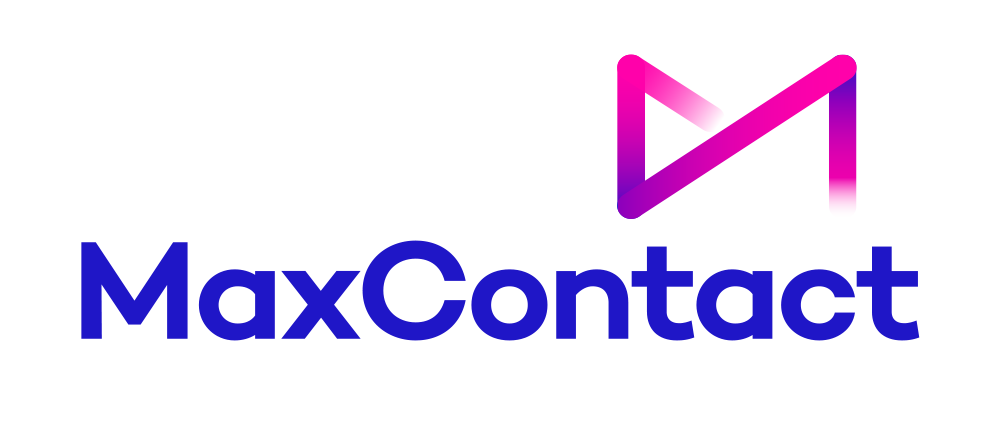Hunt Group vs Ring Group: Which is Best?
Hunt groups and ring groups are both types of call routing methods used in phone systems to manage incoming calls across different team members. Although these two methods are very similar, there are some differences between the two.
Throughout this blog, we will explore everything you need to know about hunt and ring groups, the differences between the two and which is best for your business. Read on to find out more.
What is a Hunt Group?
Simply put, a hunt group is a phone system that distributes calls from a single number to a group of different extensions. This type of feature follows a pattern to find the next agent available to take the call.
Example: Say, for example, the system rings the first extension. In this instance, let's say the system rings Mikey. If Mikey doesn’t answer, the system will then hunt for the next available person (Jane), and if Jane doesn’t answer, then it will go to the next agent and so on.
What Are The Benefits of Hunt Groups?
Now that you have a better understanding of what a hunt group is, let’s explore the benefits it provides for businesses:
Increased customer service: Hunt groups make sure that customers are connected to an agent quickly and efficiently.
Organised call distribution: Hunt groups allow for a structured call flow in a certain order.
Improved productivity: Hunt groups allow employees to continue with their day-to-day tasks without experiencing too many interruptions.
What Are the Drawbacks of a Hunt Group?
Although a hunt group offers many benefits, there are some disadvantages of this phone system that you should be aware of, including:
Risks of missed calls: If all team members are busy or unavailable, there is a higher chance that phone calls can be missed.
You may lose potential customers: This is because they may not want to wait for a while for their call to be passed to other members of the team.
Uneven call distribution: Some employees may end up answering the phone more than others due to the order of the call distribution.So, although a hunt group is a good way to ensure customer satisfaction, it may not be the best option for every business.
What is a Ring Group?
Unlike a hunt group, a ring group is a phone system that rings all agents simultaneously, and the first person to answer will take the call. This is a great way to share the call distribution among different employees.
Example: Let’s say, for this example, that 3 people work at your business (Molly, Ben and Grace). When someone rings the business's main number, all 3 phones ring at the same time.
For example, if Ben were to answer the phone, the other two phones would stop ringing because the call had already been answered by Ben.
This method ensures that calls are answered as quickly as possible without customers having to wait for the system to hunt through a list of agents.
What Are The Benefits of Ring Groups?
There are many benefits to using a ring group system, such as:
- Quicker response times: Ring groups mean that all phones ring at once, which allows for a quicker response time.
- Fair call distribution: This is because all phones ring simultaneously, which gives every agent the opportunity to answer it.
- Improved customer service: The quicker agents answer the phone, the happier customers will be.
What Are the Drawbacks of a Ring Group?
So, although a ring group offers benefits for your business, it can also come with some drawbacks, including:
- It can be disruptive for larger teams: When all phones call at once, this can disrupt employees within the workplace.
- No call prioritisation: Because the phones ring simultaneously, there is no control regarding who answers the phone.
- No missed call reporting: As you know, any agent can answer the phone, which makes it harder to see who’s missing phone calls and track agent performance.
Hunt Group Vs Ring Group
Now that you have a better understanding of what a ring group and a hunt group are, let’s explore the differences between the two:
|
Feature |
Ring Group |
Hunt Group |
|
Call ringing method |
All phones ring at the same time. |
Phones ring one at a time in a certain order. |
|
Who answers the call? |
Anyone available to answer the phone. |
The first available person on the list. |
|
How quick is this method? |
Quicker as everyone is rang at once. |
Slower, as the system has to hunt for the next available agent. |
|
Call distribution |
Fair as it gives all agents the chance to answer the phone. |
Not very fair, as the agent at the start of the list may end up answering more calls than the agent at the end. |
|
Ideal team size |
Best for smaller businesses. |
Better for larger teams and bigger businesses. |
|
Level of disruption |
High as all phones ring at once. |
Low as one agent’s phone rings at a time. |
|
Customer experience |
Good and quick, however, it can be a less personalised experience as different people answer the phone each time. |
Good and organised, however, the customer wait times can be longer compared to a ring group. |
|
Agent call tracking |
Difficult to track missed calls or agents' phone performance. |
Easier to track what agents are missing calls. |
Which is Best For Your Business?
The phone system best for your business depends on your goals and the size of your company. So, which system would you benefit from the most?
Choose a ring group if:
- You’re a smaller business
- You want to answer phone calls as quickly as possible
- You want to give all agents an equal opportunity to answer phone calls
- You don’t need detailed call tracking
- Your team can handle multiple calls at the same time without getting too distracted
Choose a hunt group if:
- You’re a larger business
- You prefer a structured call flow (e.g. senior agents being at the start of the list)
- You aren’t too fussed about providing agents with the same opportunity when answering calls
- You want to track agent performance and missed phone calls
- You deal with a high volume of calls that need organising
Choosing the right phone system for your business is important, which is why you should weigh up both options before committing to one.
.png)
From the blog







